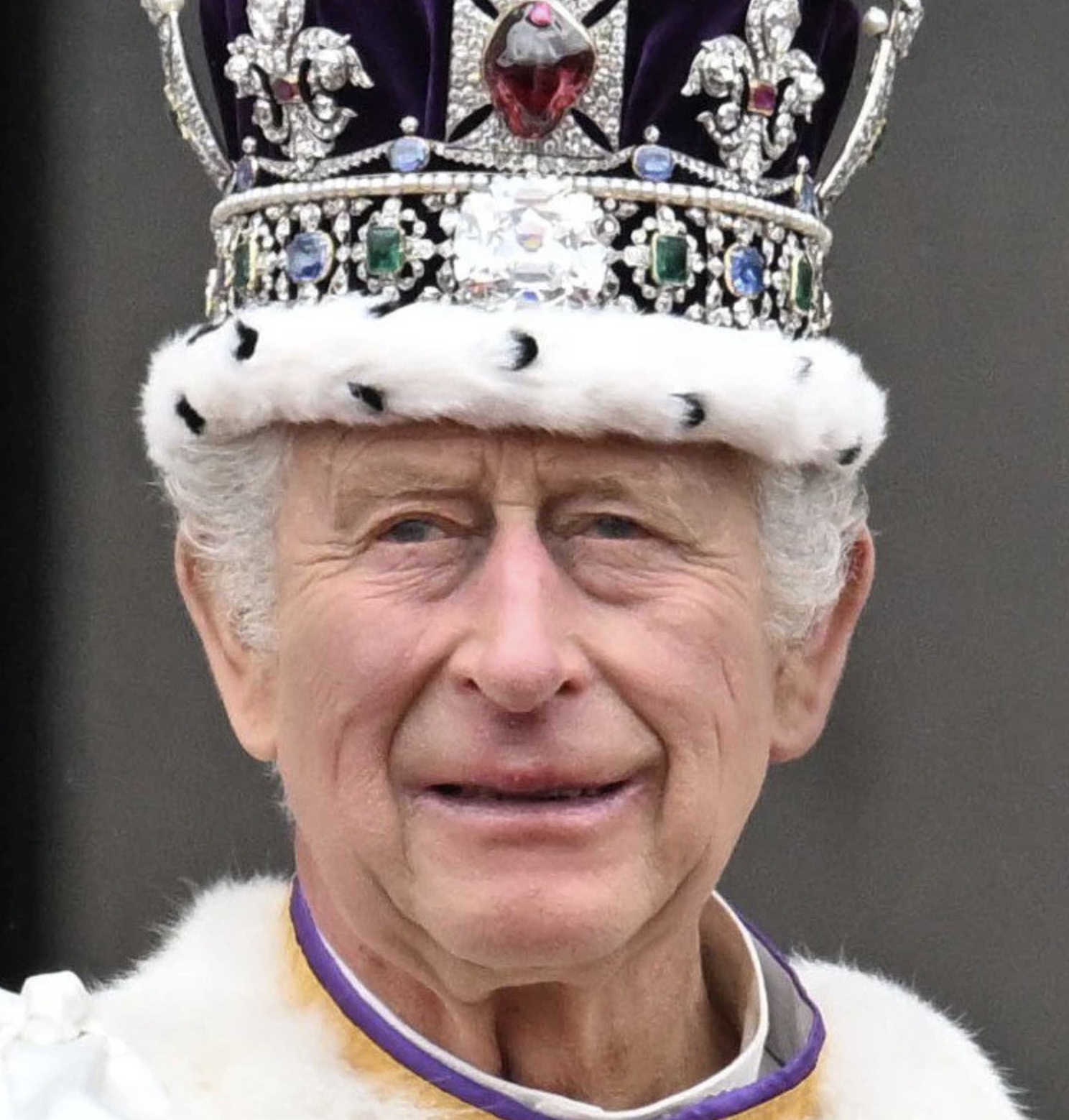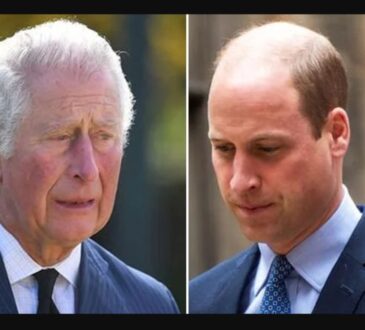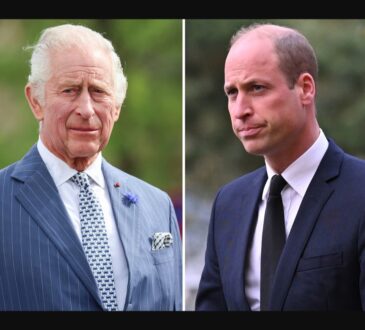“Royal Revelations: King Charles’ Candid Words and Frustrations Emerge During Coronation Spectacle”

During the recent coronation ceremony of King Charles at Westminster Abbey, a lip-reading expert named Jeremy Freeman made an intriguing discovery. As he diligently deciphered the conversations of the royal family on May 6, he couldn’t help but be taken aback by a remark allegedly made by King Charles himself. It appears that the newly crowned monarch may not have been completely immersed in the joyous atmosphere of the occasion.
Following the grand and solemn ceremony at Westminster Abbey, a magnificent procession took place, leading the royal entourage to Buckingham Palace. The procession, led by the captivating figure of Princess Anne gracefully riding on horseback, was a spectacle that captivated the hearts of the onlookers.
Once they arrived at Buckingham Palace, royal enthusiasts were treated to an extraordinary sight. King Charles and Queen Camilla, resplendent in their regal attire, graced the balcony of the palace. Surrounded by esteemed members of the royal family, such as Prince William and Princess Kate accompanied by their children, the scene exuded an air of majesty and tradition.
However, amidst the pomp and grandeur, there were hints that King Charles may not have been entirely enthralled by the festivities. Jeremy Freeman, the keen lip reader, claims to have noticed a moment on the balcony when the monarch uttered a comment that hinted at his anticipation for the event to be over. According to Freeman, King Charles allegedly said, “I shall be glad when it’s all over.” This surprising revelation adds a touch of human vulnerability to the otherwise glamorous event.
Interestingly, this was not the sole instance of frustration that Freeman detected from King Charles throughout the day. Earlier, as the monarch embarked on his carriage ride, he was overheard expressing his annoyance about the perpetual delays. Frustrated with the lack of punctuality, King Charles seemingly voiced his exasperation to Queen Camilla, stating, “We can never be on time.” He followed this with a resigned remark, “There’s always something…” These moments provide a glimpse into the challenges and pressures faced by even the most exalted figures.
Jeremy Freeman’s observations extended beyond the main royal couple. As Prince William and Princess Kate entered the ceremony, Freeman noticed a subtle exchange between the two. Kate, mindful of the intricacies of her gown, affectionately cautioned her husband to “just mind the gown” to prevent any accidental mishaps. In response, Prince William was seen assuring her with a confident “Got it!” This lighthearted interaction highlights the couple’s genuine care and consideration for each other, even amidst the formalities of the coronation.
Naturally, such claims and interpretations should be treated with caution. Seeking to validate the accuracy of these observations, inquiries have been made to Buckingham Palace representatives for their comment on the matter. Their insights would shed light on the inner workings and emotions that accompany such grand ceremonies.
The coronation ceremony itself, held at 11 am within the hallowed walls of Westminster Abbey, was a significant moment in British history. Following the ceremony, the newly crowned King Charles and Queen Camilla embarked on a regal procession back to Buckingham Palace, showcasing themselves to the delighted crowds that had gathered along the route. The subsequent appearance on the palace balcony provided an opportunity for the royal family to acknowledge the fervent support and well-wishes of the people.
In summary, the lip-reading expert’s interpretations have given us a glimpse into the personal sentiments and experiences of the royal family on the day of King Charles’ coronation. While the event was undoubtedly filled with pomp and pageantry, the observations suggest that even amidst the grandeur, there were moments of genuine emotion, vulnerability, and perhaps even weariness. These nuances serve as a reminder that even those in the highest positions of power experience human emotions and the weight of responsibility.
The revelation that King Charles expressed a desire for the ceremony to be over resonates with anyone who has experienced a long and tiring day filled with formalities and obligations. It humanizes the monarch, reminding us that behind the regal façade lies a person who may yearn for a moment of respite.
Similarly, the frustration expressed by King Charles about the delays in the carriage ride showcases the challenges that come with orchestrating such intricate and elaborate events. It reminds us that even in meticulously planned affairs, unforeseen circumstances can arise, causing minor inconveniences that can accumulate over time.
On the lighter side, the exchange between Prince William and Princess Kate highlights the affectionate and supportive nature of their relationship. Kate’s gentle reminder to “mind the gown” reflects not only her concern for the preservation of her attire but also her desire to protect her husband from any embarrassing mishaps. Prince William’s confident response assures her that he understands the importance of the moment and will handle it with grace.
As with any claims based on lip-reading, it is important to remember that interpretations can be subjective and prone to misinterpretation. The observations made by Jeremy Freeman provide fascinating insights, but they should be taken as unofficial and open to further confirmation or clarification from official sources.
Nevertheless, these glimpses into the personal moments of the royal family add depth and humanity to their public personas. They serve as a reminder that even amidst the grandeur and tradition, the royal family experiences emotions, frustrations, and interactions that are relatable to people from all walks of life.
Ultimately, the coronation ceremony itself remains a significant milestone in the history of the British monarchy. It symbolizes the continuation of a rich heritage and the beginning of a new chapter under the reign of King Charles. The procession and the balcony appearance allow the royal family to connect with the public, acknowledging the support and well-wishes of the people.



